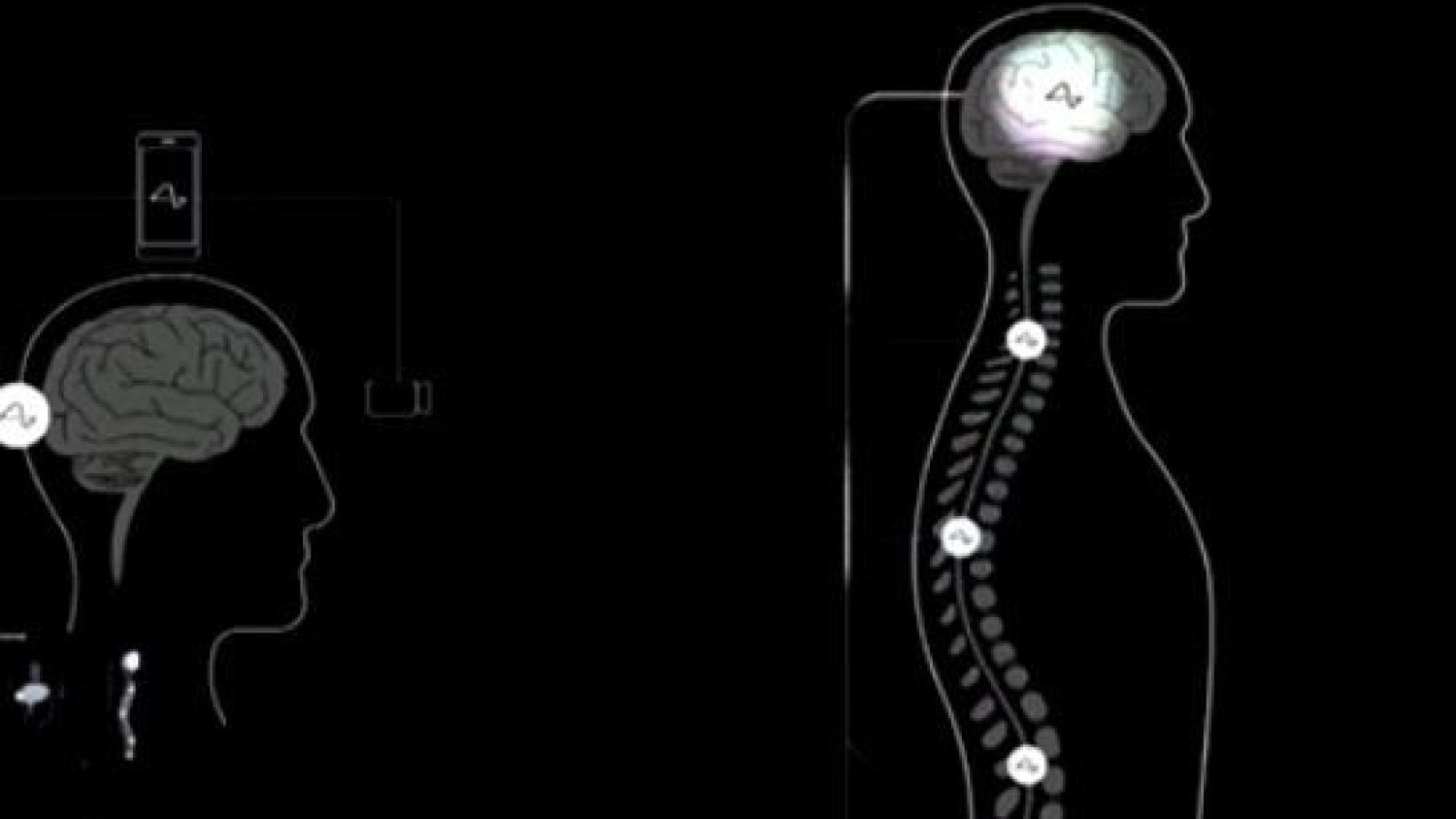Neuralink, owned by Elon Musk, announced Thursday that it received FDA approval to begin its first human clinical trial.
The company is developing a brain implant called the Link in efforts to help patients with severe paralysis regain their abilities to communicate.
“We are excited to share that we have received the FDA’s approval to launch our first-in-human clinical study! This is the result of incredible work by the Neuralink team in close collaboration with the FDA and represents an important first step that will one day allow our technology to help many people,” Neuralink wrote on Twitter.
“Recruitment is not yet open for our clinical trial. We’ll announce more information on this soon!” the company added.
We are excited to share that we have received the FDA’s approval to launch our first-in-human clinical study!
This is the result of incredible work by the Neuralink team in close collaboration with the FDA and represents an important first step that will one day allow our…
— Neuralink (@neuralink) May 25, 2023
“Congratulations Neuralink team!” Elon Musk wrote.
Congratulations Neuralink team! https://t.co/AWZGf33UDr
— Elon Musk (@elonmusk) May 26, 2023
Neuralink is one of several brain-computer interface (BCI) companies attempting to get their technology to the market.
Blackrock Neurotech, a biotech company based in Salt Lake City, has reportedly inserted brain chips into about 50 humans.
Brain Chips Already Being Implanted Into Humans by American Biotech Company
CNBC reported:
Scientists have been studying BCI technology for decades, and several companies have developed promising systems that they hope to bring to market. But receiving FDA approval for a commercial medical device is no small task — it requires companies to successfully conduct several extremely thorough rounds of testing and data safety collection.
No BCI company has managed to clinch the FDA’s final seal of approval. But by receiving the go-ahead for a study with human patients, Neuralink is one step closer to market.
Neuralink’s BCI will require patients to undergo invasive brain surgery. Its system centers around the Link, a small circular implant that processes and translates neural signals. The Link is connected to a series of thin, flexible threads inserted directly into the brain tissue where they detect neural signals.
Patients with Neuralink devices will learn to control it using the Neuralink app. Patients will then be able to control external mice and keyboards through a Bluetooth connection, according to the company’s website.
"Anyone within the United States who is at least 18 years old and the age of majority in their state, who is able to consent, and who has quadriplegia, paraplegia, vision loss, hearing loss, and/or the inability to speak, is invited to participate in the Patient Registry," the company's website says.
According to the website, the company's mission is to "create a generalized brain interface to restore autonomy to those with unmet medical needs today and unlock human potential tomorrow."
Neuralink's brain-computer interface is fully implantable, and designed to let you control a computer or mobile device.
The implant records neural activity through 1024 electrodes distributed across 64 threads. The threads of the implant are so fine that they can't be inserted by the human hand. A surgical robot inserts the threads exactly where they need to be.
We are building surgery simulations for faster iteration and better test coverage. Join us to help expand this capability🦾 #techtuesday pic.twitter.com/JHFM5HersL
— Neuralink (@neuralink) March 21, 2023
Our surgical robot uses advanced imaging systems to detect the brain and insert threads away from blood vessels. Here, you can see everything the robot sees while we test the accuracy of each of the robot’s high-precision cameras 👀 #techtuesday pic.twitter.com/c5rklTp2m4
— Neuralink (@neuralink) May 23, 2023
Elon Musk previously said a long-term goal of the brain-computer interface would be merging the human brain with artificial intelligence.
From Forbes:
Elon Musk said startup Neuralink, which aims to build a scalable implant to connect human brains with computers, has already implanted chips in rats and plans to test its brain-machine interface in humans within two years, with a long-term goal of people “merging with AI.”
Brain-machine interfaces have been around for awhile. Some of the earliest success with the technology include Brown University’s BrainGate, which first enabled a paralyzed person to control a computer cursor in 2006. Since then a variety of research groups and companies, including the University of Pittsburgh Medical Center and DARPA-backed Synchron, have been working on similar devices. There are two basic approaches: You can do it invasively, creating an interface with an implant that directly touches the brain, or you can do it non-invasively, usually by electrodes placed near the skin. (The latter is the approach used by startup CTRL-Labs, for example.)
Neuralink, says Musk, is going to go the invasive route. It’s developed a chip containing an array of up to 96 small, polymer threads, each with up to 32 electrodes that can be implanted into the brain via robot and a 2 millimeter incision. The threads are small — less than 6 micrometers — because, as Musk noted in remarks delivered Tuesday night and webcast, “If you stick something in your brain, don’t want it to be giant, you want it to be tiny.”
Once implanted, according to Musk, the chip would connect wirelessly to devices. “It basically Bluetooths to your phone,” he said. “We’ll have to watch the App Store updates to that one,” he added (the audience laughed).



Join the conversation!
Please share your thoughts about this article below. We value your opinions, and would love to see you add to the discussion!